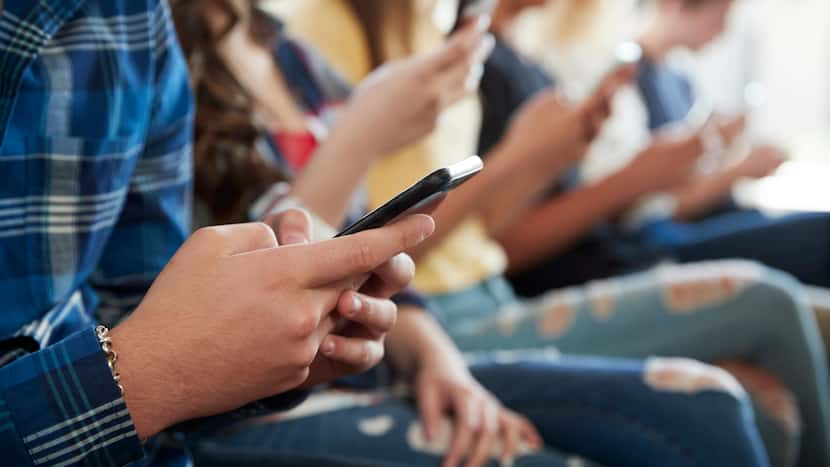You wouldn’t know it from the heat, but summer is over. School begins Monday in Dallas ISD, and this year school has a new twist (at least in some parts of our city).
As a mother of three young children, I find the start of school to be bittersweet. As my priest said at my wedding rehearsal dinner, it’s the death of something and the birth of something new.
Summer’s end is the death of weekday morning cartoons and cereal bowls, endless hours in the pool and popsicles on IV drip, nights spent up late with the couches put together for the primetime Olympics coverage, our family vacation to Montana (which I’m pleased to report rivaled my parents’ adventures when I was young).
A new school year is also the birth of a new schedule — one that sets household wakeup and bedtimes, and work, and pickups and activities. It’s the return of the kids’ everyday socialization with people aside from siblings and friends, and the welcomed return of learning.
This year, there’s another new thing I’m grateful for: Our elementary school sent out an updated technology policy to parents. For the first year, smartphones, smartwatches, AirPods and cellphones will be collected in the student’s homeroom, put in labeled baggies, and held until the end of the day.
And if you wonder how many 9-year-olds carry a phone to school, wear something tracking their movements on their wrist, text in the hallways and take pictures in the bathroom, the answer is enough.
In higher grades, the tech and distractions students face these days are near ubiquitous. It makes little sense for smartphones to be locked up for sixth graders while fifth graders get unlimited pings from parents. As such, the policy was announced for a block of schools — elementary, middle and high school.
In an email to families, the schools issued this rationale: “Research has shown that the use of smart devices such as cell phones, smart watches, and AirPods during school hours can significantly impact student achievement, behavior, mental health, and social interactions. … By removing access to these devices during school hours, we aim to create a more focused, supportive, and community-oriented environment for our students.”
The penalty for the first infringement is not a $5 fine like the wider district policy. It’s parent pickup of the device. As a working parent who doesn’t need another trip to the school, this seems like a deterrent indeed.
Note that this change is happening from the ground up. Local schools are stepping up when the larger governance structures are moving slowly. In my conversations with DISD, I’ve learned that officials are embarking on a broader technology audit of the time students spend looking at screens, not just their smartphones but how much of the curriculum and recess and supplemental activities like gifted and talented programs are screen-based.
To be sure, a broad technology audit is a welcome development especially after the rapid escalation of screen use since 2020. But we need not wait on this to take action for the smartphones and smartwatches and AirPods distracting our students from the main reason that they are at school – to learn.
I’ve argued in these pages that I wish Gov. Greg Abbott would give air cover to tech restrictions in schools like we’re seeing in California. One response I’ve gotten is that if we had school choice then parents and students could select the school with a tech policy that matches their preference. But actually having school choice and universal busing and vouchers as imagined by some conservatives is a tall order. Its success or failure doesn’t rest on eliminating smartphones from the classrooms. We can push for bigger change while taking incremental steps forward.
Of course, a smartphone ban has its own bittersweetness. There’s loss in parents not being able to connect with their kids throughout the day, students unable to text their friends or get that dopamine hit of distraction.
But in its place is the birth of something new, and yet old: the classroom restored as a place of learning. And from this learning is the birth of things we cannot yet imagine, achievements distraction seeks to fritter away.
Whether you are sending kids off this week, or remembering the days when you did so with a twinge of bittersweetness, or just pausing at the crossing for neighborhood kids to hurry past, here’s wishing all of our students, teachers, principals and parents a wonderful school year.
May 2024-25 be full of joyful learning, and not of phones.
We welcome your thoughts in a letter to the editor. See the guidelines and submit your letter here. If you have problems with the form, you can submit via email at letters@dallasnews.com











